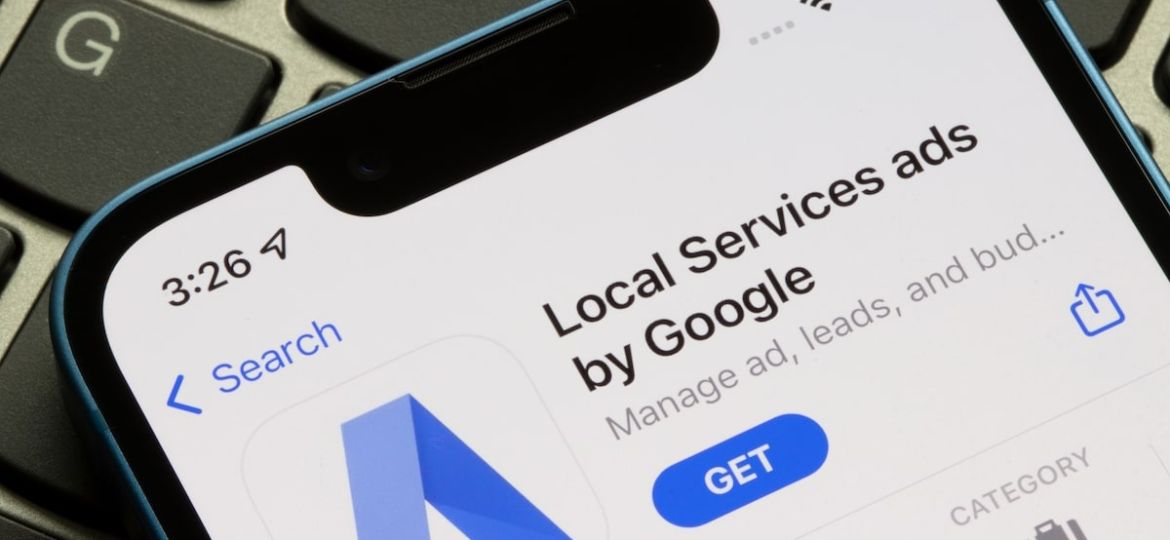
Google Ads is an effective way for businesses to enhance their online presence, attract more traffic, generate leads, and ultimately boost revenue. Since the competition on the platform is fierce, it can be difficult to differentiate your ads and accomplish the intended outcomes. This is where the optimization of your Google Ads budget becomes crucial. Whether it’s performing keyword research, optimizing Google AdWords, or refining your landing pages, GOA Tech has all the necessary measures to assist you in digital marketing and Google Ads for your business
To achieve success with Google Ads, businesses should make the most of their budget. When working with a limited budget, it’s crucial to focus on targeting the right audience and placing ads in the most effective locations. To achieve this, businesses can conduct thorough keyword research to identify relevant and cost-effective keywords and target specific geographic areas where their audience is likely to be found.
Additionally, they can choose to display their ads on certain devices or during specific times of the day when their target audience is most active.
To optimize your Google Ads budget, it’s crucial to select the appropriate ad placements that resonate with your target audience. You can choose from a variety of ad placements, such as relevant websites, YouTube channels, or mobile apps, to ensure maximum visibility and engagement. To achieve this, it’s recommended that you target specific geographic areas or locations where your target audience is most likely to be found.
By maximizing your budget, you can ensure that the Google display network displays your paid ads in the most relevant places and to the most relevant users. A higher budget can help you increase your CTR. Increasing your budget can lead to a higher click-through rate (CTR) by providing more flexibility in bidding on keywords and ad placements. This increased visibility can drive more traffic to your website, potentially leading to higher conversions and sales. With a larger budget, you can bid on more competitive keywords and reach a larger audience, increasing the likelihood of your ads being clicked. Effective Google ads work better combined with digital marketing to enable potential customers to click on their ads. Ad management platform helps in advertising on Google which can benefit growing businesses reach their local audience.
Establishing A Budget That Aligns With Your Goals
Establishing a budget is the foundation of any successful Google Ads campaign. It’s important to determine how much you’re willing to spend and what your goals are before you start investing in ads. A budget that aligns with your business goals can help you maximize the impact of your Google Ads investment.
Here are some tips on how to establish a budget that aligns with your goals:
- Determine Your Overall Advertising Goals: Before you start setting a budget for your Google Ads campaigns, you need to determine your overall advertising goals. Are you looking to increase brand awareness, generate leads, drive sales, or something else entirely?
- Consider Your Industry: Different industries have different average costs per click (CPC) and conversion rates. If your business operates in a highly competitive industry, it may be necessary to allocate a larger portion of your budget to Google Ads campaigns in order to stay competitive.
- Determine Your Target Audience: Setting your budget for Google Ads campaigns requires knowing your target audience, their behavior, and preferences. By identifying the specific demographics, interests, and locations of your target audience, you can create a more effective campaign that resonates with your target audience and generates better results.
- Analyze Historical Data: If you’ve run Google Ads campaigns before, analyze your historical data to determine what campaigns have been most successful and what your average cost per click and conversion rates are. This data will help you determine how much budget you need to allocate to your campaigns.
- Allocate Your Budget Strategically: Once you’ve established your advertising goals, analyzed your industry, determined your target audience, and analyzed historical data, it’s time to allocate your budget strategically. Allocate more budget to campaigns that align with your overall goals and have a proven track record of success.
Conducting Keyword Research For Google Ad Campaign
Conducting keyword research is a crucial step in maximizing the effectiveness of a Google Ads campaign. Small business owners can benefit from conducting keyword research to identify the most relevant and cost-effective keywords to use in their Google Ads campaigns.
This involves researching the terms and phrases that potential customers are using to search for products or services related to their business. By identifying these keywords, businesses can create targeted ads that are more likely to reach their intended audience and generate clicks and conversions.
To conduct keyword research for Google Ads for businesses use a variety of tools, including the Google Ads Keyword Planner, SEMrush, Ahrefs, and Moz. These tools provide information on the volume of searches for specific keywords, the level of competition for those keywords, and related keywords and phrases that may also be relevant to the business. Google search networks, Ad groups, and keywords help organize your ad campaigns on a small budget,
Use Google Ads Extensions And Optimize Your Ads
Consider these steps when trying to optimize your ads:
- Ad Copywriting: Your ad copy is one of the most important factors in determining the success of your campaign. It should be clear, concise, and compelling, with a strong call to action that encourages users to take action.
- Ad Placement And Targeting: Targeting your ads to the right audience is essential for maximizing their effectiveness. You can target based on factors such as location, age, interests, and keywords. Ad placement is a critical factor that can significantly impact the success of your Google Ads campaign. Choosing the right ad placement allows you to reach your target audience effectively and increase the chances of conversions. The Google Display Network offers various ad placement options, including search ads, display ads, video ads, and shopping ads.
- Ad Extensions: Ad extensions are additional pieces of information that can appear alongside your ads, such as phone numbers, links, or promotions. These extensions can improve the visibility and engagement of your ads, leading to better performance.
- Landing Page Optimization: Once users click on your ad, they should be taken to a landing page that is relevant and engaging. This page should provide clear and concise information about your product or service, and encourage users to take action.
Optimizing your Google ads is a way to reach the target audience and promote local business. It is best for your business and ensures potential customers click your ad, and text ads.
Implement A Bid Strategy For Potential Customers
There are several types of bid strategies available on Google Ads, including:
- Manual CPC (Cost-Per-Click) – This bid strategy allows you to set bids for each individual keyword in your campaign. It gives you complete control over how much you want to pay for each click.
- Target CPA (Cost-Per-Acquisition) – With this bid strategy, you set a target cost-per-acquisition and Google Ads automatically adjusts your bids to help you reach that goal.
- Target ROAS (Return On Ad Spend) – This bid strategy lets you set a target return on ad spend (ROAS) and Google Ads automatically adjusts your bids to maximize your revenue while reaching that target.
- Enhanced CPC – This bid strategy automatically adjusts your bids for clicks that are more likely to result in conversions.
When it comes to Google Ads for business, bid strategy refers to the method of determining how your advertising budget will be spent. There are several different types of bid strategies available, and it’s crucial to choose one that aligns with your campaign goals and budget.
Monitor And Adjust Your Campaign
To attain the best outcomes and make the most of your advertising budget, it is essential to monitor and modify your Google Ads campaign. Follow these significant measures to enhance your Google Ads campaign: Keep an eye on performance indicators;
- Track Performance Metrics: Observing performance indicators like click-through rates (CTR), conversion rates, and cost-per-click (CPC) is vital to comprehend the effectiveness of your advertisements.
- Analyze Data: To make informed decisions about optimizing your campaign, it’s crucial to analyze data. By examining the performance metrics and analytics, you can identify areas of your campaign that are underperforming and develop strategies to improve them.
- Make Adjustments: Once you have analyzed your data, it’s time to make adjustments to your campaign. This can include adjusting your bids, targeting, ad copy, and keywords to improve the overall performance of your ads.
- A/B Testing: A/B testing is a powerful tool for optimizing your campaign. By testing different variations of your ads, you can determine which ones perform best and make adjustments accordingly.
Starting out with Google Ads for business can be overwhelming, but with the right strategies, you can effectively maximize your budget and see a significant return on investment. This guide has been created to assist businesses in maximizing their Google Ads budget by providing valuable tips and tricks. By implementing these strategies, you can optimize your Google Ads budget and ensure that you are effectively reaching your target audience, maximizing your return on investment.















